On the current Russia-Ukraine conflict
The current Russia-Ukraine political crisis has its origins since the end of the Cold War, more recently in 2014 when Russia annexed the Crimean peninsula, followed by some instability in the Donbass region, in the east of Ukraine - where there are two self-proclaimed republics, Donetsk (DPR) and Luhansk (LPR). Most recently, from the end of 2021 until now, the situation has become particularly tense in December 2021, when Russia sent to the United States and the North Atlantic Treaty Organization (NATO) an 8-point security proposal, which clearly stated security concerns considered as "red lines", which are: 1- Ukraine cannot become a member of NATO; 2- NATO does not continue to expand to the east; 3- NATO returns to its starting point in 1997, that is, before expanding eastward, admitting Eastern European countries and three Baltic Republics as new members, which Russia considers a serious threat to Russia's security and strategic interests. After about a month and a half, the US and NATO sent a response to Russia with unsatisfactory requests. According to the US and NATO, all sovereign countries like Ukraine, if they have security requirements, can apply to join not only NATO but any other organization that suits Ukraine's national interests. The response also emphasized that Russia's request for NATO to return to its starting point in 1997 is unreasonable. This makes Russia believe that its legitimate requests are not taken seriously by the US and NATO.
Russian Deputy Foreign Minister Alexander Grushko (right) and NATO Secretary General Jens Stoltenberg (center) attend the Russia-NATO Council meeting in Brussels, Belgium, January 12, 2022_Photo: AFP/TTXVN
Regarding Russia's deployment of large military forces to the area bordering Ukraine since late November 2021, on February 22, 2022, Russian President Vladimir Putin announced his decision to recognize the independence of the two countries DPR and LPR, and send troops there to carry out " peacekeeping missions". In the face of increasingly present security risks after Ukraine planned to sign a strategic military agreement with the UK and Poland, on February 24, 2022, Russian President V. Putin continued to declare the opening of a "special military operation" in Eastern Ukraine, in response to the request for security support from the leaders of the two countries DPR and LPR.
Some explanations
In general, the current Russia-Ukraine conflict can basically be explained from two main perspectives:
Firstly , from the perspective of political realism, when studying the laws of movement and struggle of international politics. Located on the Eurasian continent, Ukraine is a "natural buffer zone" between East and West. Both Russia and the West believe that the other side is a security threat, threatening their existence. According to Russia, Ukraine's application to join NATO will unbalance the security power balance on Russia's western flank, threaten Russia's living space, lose its strategic buffer zone, and reduce its geopolitical influence during the Soviet era. Therefore, Russia must act promptly to prevent this security threat to maintain its vital "security buffer zone", and counter NATO's efforts to expand its influence westward. Meanwhile, the US and the West explain that it is what they need to do to prevent Russia from emerging in the region. This will threaten European security (the traditional sphere of influence of the US), NATO unity, global leadership and an international order that benefits the US. Typical studies on the Ukraine issue include former US National Security Advisor Zbigniew Brzezinski with his book “The Grand Chessboard” and American scholar of international relations John Mearsheimer with many works, such as “Offshore Balancing: America’s Superior Grand Strategy” (1) , “Don’t Supply Weapons to Ukraine” (2) ..., clearly expressing the view that when the Soviet Union collapsed, there was no other dominant regional power left, the US should have gradually reduced its military presence here, built friendlier relations with Russia and returned the task of protecting European security to the Europeans. Instead, the US actually expanded NATO and “ignored” Russia’s interests, contributing to the political crisis in Ukraine and many other conflicts. From this perspective, two main argumentative frameworks will be clearly seen: 1- Global/regional hegemony - power politics; 2- The clear return of geopolitical thinking in the 21st century, especially the thinking about buffer zones, backyards, borders, and fences.
Second , from the perspective of constructivism and liberalism - the root is the unresolved conflict between the Anglo-Saxon and Slavo civilizations, a reaction to the geopolitical expansion of the Anglo-Saxons under the spreading cover of globalization wanting to dominate all of Europe. The Slavs believe that this is a return to their historical space and position in the world represented by Russia. Besides, we can mention the factor of Russian nationalism with very high national pride and self-esteem. For Russia, the decline of the economy - social order in the country and the fact that Russia had to give up its influence in many regions around the world are the consequences of the collapse of the Soviet Union. Russia's glorious past has created a high national spirit. Although Russia suffered heavy human and material losses in World War II, Russia's important contributions to maintaining and ensuring world peace and security are an affirmation of Russia's position in the international arena. From a historical and cultural perspective, analysts believe that the Russia-Ukraine military conflict partly stems from the high nationalist spirit in Russia. At the same time, the conflict can also be explained as stemming from the US's liberal hegemony, which makes the US commit to, export, and disseminate democratic values to faraway places, meaning that it needs to have military forces to occupy and always intervene in the political arrangements of the regions. This often causes opposition from nationalists. Russia considers US intervention and imposition of democratic values and human rights on Russia as a risk of causing internal political instability.
Calculations of the parties
Russian President Vladimir Putin and Ukrainian President Volodymyr Zelensky_Photo: VNA
On the Russian side, Russian President V. Putin affirmed to Russia and the world that Ukraine is not only a neighboring country but also an inseparable part of Russia's history, culture and spiritual space. The direct cause of the current conflict is that the West and Ukraine do not fully see and respond to Russia's concerns about national security, do not understand each other's strategic interests and the two sides' positions are too far apart on the Ukraine issue. In depth, Russia's calculations and goals through this military campaign in Ukraine can be seen in the following main points:
Firstly , in terms of cultural history, modern countries today, such as Russia, Ukraine and Belarus all originated from the Kievan Rus State. This was once a rich, prosperous, powerful and illustrious grand duchy throughout a long period of world history, existing for about 500 years from the 9th to the 13th century. The economic and political center of this state was located in the Holy Land - Kiev (the current capital of Ukraine). Besides Tsarist Russia, Ukraine was called "Little Russia", and Belarus was called "White Russia". The three modern countries of Russia - Ukraine - Belarus today, in fact, are a tight-knit block that is difficult to separate throughout history, three "branches sprouting" from the same Kievan Rus root.
Second , in terms of politics, security and military, the administration of Russian President V. Putin believes that, over the past 30 years since the collapse of the Soviet Union, Russia has been treated unfairly by the United States and Western countries in many ways, from always having a hostile ideology towards Russia, not placing Russia in an important position in the new security structure of the whole of Europe after the Cold War, to NATO expansion rounds threatening Russia's security and development space, inciting "color revolutions", embargoing Russia in terms of economy, technology, finance..., especially erasing Europe's awareness of the Soviet Union's contribution to liberating peoples from fascist genocide in World War II. Russia believes that Ukraine's implementation of a pro-Western foreign policy and joining NATO will increasingly narrow Russia's living space, even threatening Russia's existence as a great power. The decision to launch a “special military operation” in Ukraine could cause Russian President V. Putin’s reputation to decline internationally and face unprecedentedly heavy sanctions from the US and Western countries. However, it seems that Russia has prepared its mentality and response plans, and is still determined to carry out the “special military operation” - which contributes to bringing favorable factors for Russia’s long-term development, including ensuring a neutral Ukraine that does not pursue a pro-Western foreign policy. The deeper goal of that decision is to bring Ukraine back into the sphere of influence to create a counterweight to NATO, re-establish a security buffer zone between Russia and the West, as the Soviet Union’s previous strategy pursued, redesign the European security map and bring Russia back to the “chessboard” for superpowers. At the same time, Russia wants to readjust the security consequences after the milestone of 1991 - the time of the event that Russian President V. Putin once called "the greatest geopolitical tragedy of the 20th century": the dissolution of the Soviet Union.
US President Joe Biden imposed an immediate ban on imports of Russian oil and other energy products in response to the country's military campaign in Ukraine, March 8, 2022_Photo: Reuters
On the US and the West side, since the Cold War, NATO has always considered Russia as the number 1 security threat; while the US considers Russia and China as the top "strategic competitors". The US and the West have always wanted to extinguish Russia's hopes of restoring the Soviet Union's former global power status through NATO's "Eastward Progress" process. The relationship between Russia, the US and the West has gone through many ups and downs between confrontation and détente, although different in degree, but the nature is still strategic competition and conflicting interests, the expansion of influence of one side, in the approach of the other side, will narrow the interests of the other side. Overall, the US has an unchanged strategic goal of maintaining global leadership and an international order that is beneficial to the US, restraining and not allowing Russia to rise up to challenge the US position.
Specifically, in the Russia-Ukraine political crisis, before the conflict broke out, the US and the West were said to have calculated in carrying out information warfare, further escalating tensions between Russia and Ukraine to easily realize the plan of "Westernizing Ukraine", attracting countries with pro-Russian tendencies to rely entirely on the US and the West... When the war broke out, the US and the West did not directly participate in the war but increased assistance to Ukraine with modern weapons and equipment, imposed strict economic sanctions on Russia... In the calculations of the US and the West, escalating tensions between Russia and Ukraine also helped the US and the West to achieve the next major goals. Specifically, in the event that Russia "got bogged down" in the war, this would be an opportunity for the US and the West to take advantage of rebuilding the European security situation and creating economic mechanisms without Russia's participation in a direction that is beneficial to the US and the West; at the same time, weakening Russia's overall national strength in the international arena. For the US, any armed conflict is an opportunity for the US to gain huge profits from arms sales to warring and related parties. There are some opinions that it seems that the US and the West do not really want Ukraine to join NATO, because when Ukraine becomes a member of NATO, the US and NATO will have to fulfill their obligations to support Ukraine - an ally that does not bring too many benefits to the US and NATO. Therefore, NATO still leaves open the possibility that this organization can admit Ukraine at the right time. However, that seems to be an arrow that hits two goals for the US and the West: further inflaming tensions in Russia-Ukraine relations and undermining Russia's international prestige and overall national strength.
In the event that Russia is under strong pressure from the international community causing deep and comprehensive damage to Russia, Russia proactively reduces tensions, the US can build up its reputation as a conflict mediator and Russia must make concessions to the US in resolving other international issues, especially issues related to the "fire pot" in the Middle East. Israel is a long-time ally of the US and it is a fact that tycoons as well as politicians of Jewish origin - from a certain perspective - play an extremely important role in US politics. Supporting ally Israel in the conflict in the Middle East is one of the opportunities that US President Joe Biden and the ruling Democratic Party want to take advantage of to win the votes of Jewish voters in the upcoming US midterm presidential election. Besides, if in the past, NATO and Europe had many differences in their behavior towards Russia, and even certain cracks appeared around their views on Russia when the interests between Russia and many NATO countries were mutually bound (about 40% of EU energy imports depend on Russia, which is a factor that cannot be easily ignored), then the Russia-Ukraine conflict has invisibly pushed the US and Europe closer together with a unified stance on the Ukraine issue, applying sanctions against Russia.
On China's side, at a time when tensions in Ukraine and Europe were high, on February 11, 2022, the administration of US President J. Biden announced the "Indo-Pacific Security and Prosperity" Strategy with 5 priorities; at the same time, announced an action program - this is considered a new point compared to before - meaning that the US not only has the political will but also devotes appropriate economic, diplomatic, and defense resources to support the new Indo-Pacific strategy. That shows that, despite concerns in Europe, the Indo-Pacific region is the priority of the administration of US President J. Biden. The outbreak of the Russia-Ukraine conflict has pushed tensions in US-Russia relations to a new level, which has partly helped to cool down the US-China strategic competition in the short and medium term. However, China clearly understands that China is the top strategic competitor of the United States, which the United States has specifically named in many official statements and documents. Regarding Ukraine, China does not have any direct, binding responsibility and expresses a neutral stance. The nature of the China-Russia relationship and some connections with China's internal situation from the Ukraine issue can see that China's policy has emerged with the following main points:
First , supporting separatist movements in a sovereign country – especially through military intervention – as Russia is doing in Ukraine, makes China feel concerned, because this could set a negative precedent that affects China's interests.
Second , although characterized by an unprecedented high level of cooperation, China and Russia are separate countries with separate interests. For China, which has been the main target of pressure from the United States and the West in recent years, Russia's sudden launch of a "special military operation" in Ukraine will cause the West to shift its attention to Europe, creating conditions for China to have more space and time to increase its influence and comprehensive national strength, as well as to plan, implement and promote specific action plans in the region.
Russian President V. Putin and Chinese President Xi Jinping at a meeting in Beijing, China, February 4, 2022_Photo: THX/TTXVN
Third , China's current five-point stance on the Russia-Ukraine conflict (3) may stem from the following reasons: 1- China wants to ensure that another military power, specifically Russia, supports it both diplomatically and economically, in the context of fierce competition between the US and China in the Asian regional security. This is creating certain limitations for China in increasing its influence in traditional regions as well as implementing grand strategies; 2- China can both maintain and increasingly strengthen its relationship with Russia (4) through economic aid packages and bilateral trade agreements, and can “keep” the EU in its “economic orbit” and minimize the risks from Western sanctions, while at the same time maintaining and protecting its trade relationship with Ukraine - an important trade partner of China, with more than 15 billion USD in bilateral trade flows in 2020. Ukraine is also an important “gateway” to Europe, an official partner in China’s Belt and Road Initiative (BRI) - a top geopolitical effort that China is aiming for (5) .
Experts believe that in the coming time, China will likely continue to maintain its current stance on Russia's "special military campaign" in Ukraine and closely monitor developments surrounding this issue to seek opportunities in the current complex context.
It can be seen that the Russia-Ukraine conflict currently shows no signs of cooling down, becoming a factor that increases complexity, confusion and unpredictability. Reducing tensions in Ukraine today is a very necessary effort that requires the joint determination of the relevant parties and the international community, aiming to promote trust building as well as build a new, appropriate security structure, bringing common and harmonious benefits to countries in a balanced, effective and sustainable manner./.
----------------------
(1) See: John J. Mearsheimer and Stephen M. Walt: “The Case for Offshore Balancing: A Superior US Grand Strategy”, Foreign Affairs, https://www.foreignaffairs.com/articles/united-states/2016-06-13/case-offshore-balancing, June 13, 2016.
(2) See: John J. Mearsheimer: “Don't Arm Ukraine,” The New York Times, https://www.nytimes.com/2015/02/09/opinion/dont-arm-ukraine.html, February 8, 2015.
(3) On February 25, 2022, together with India and the United Arab Emirates (UAE), the Chinese delegation to the United Nations Security Council abstained from voting on the draft resolution accusing Russia of “attacking Ukraine”. On February 26, 2022, China shared a 5-point stance on the Ukraine issue, including some notable contents, such as: “In the situation of NATO's 5 consecutive eastward expansion, Russia's legitimate security demands should be taken seriously and properly resolved” and “The actions taken by the United Nations Security Council should cool down the tense situation, not escalate the situation, such as through force and sanctions”.
(4) Russia-China relations have been steadily improving for more than three decades, with closer unity on many issues, including ideology, security, cyberspace and global governance. Russia-China relations have been shifting recently; the two sides have reached agreements and increased cooperation on the supply of energy, raw materials, and goods, sharing the pressure and threats imposed by the US and the West. Notably, China has lifted all import bans on wheat from Russia amid escalating tensions between Russia and Ukraine, showing that the relationship between Russia and China is tightening as the US and its allies impose new sanctions.
(5) In early 2022, Chinese President Xi Jinping sent greetings to Ukrainian President Volodymyr Zelensky and said: “Since the establishment of diplomatic relations 30 years ago, China-Ukraine relations have always maintained a stable and appropriate development momentum.”
Source: https://tapchicongsan.org.vn/web/guest/the-gioi-van-de-su-kien/-/2018/825105/mot-so-ly-giai-ve-cuoc-xung-dot-nga---ukraine-hien-nay-va-tinh-toan-chien-luoc-cua-cac-ben.aspx


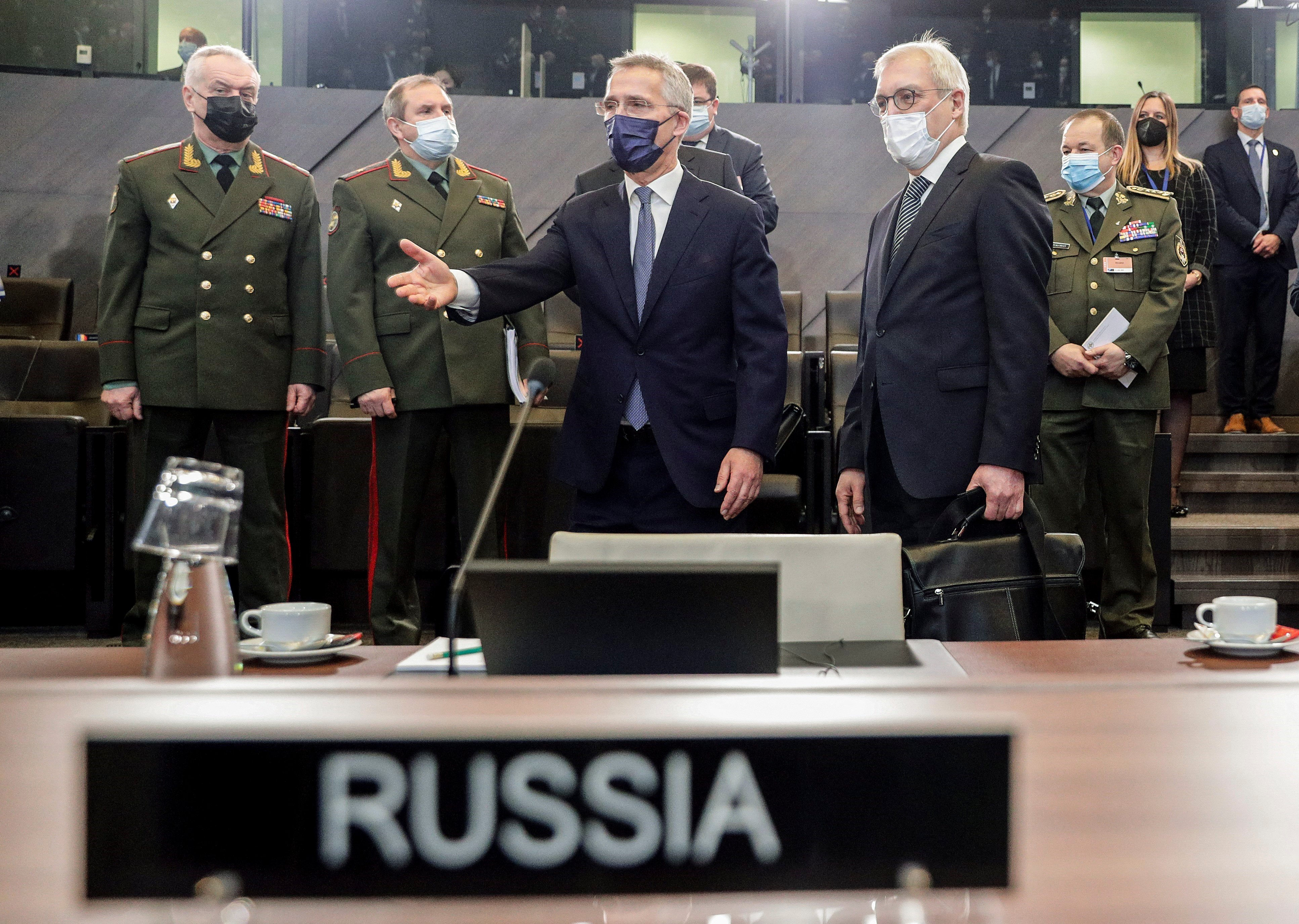
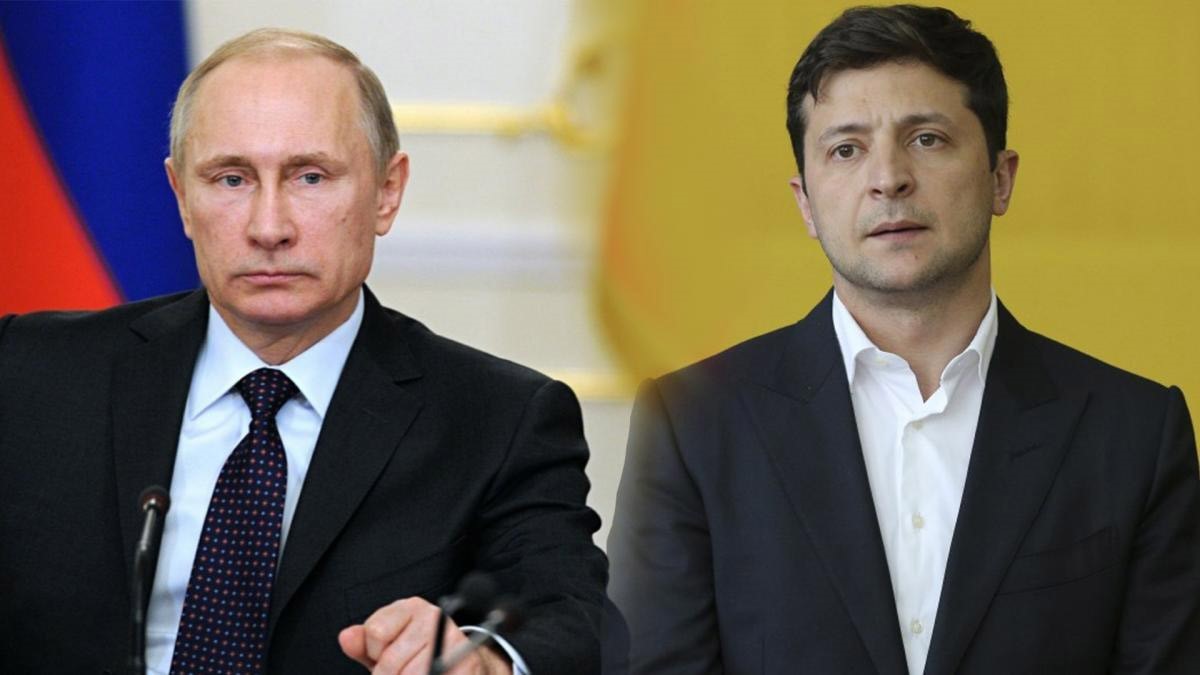
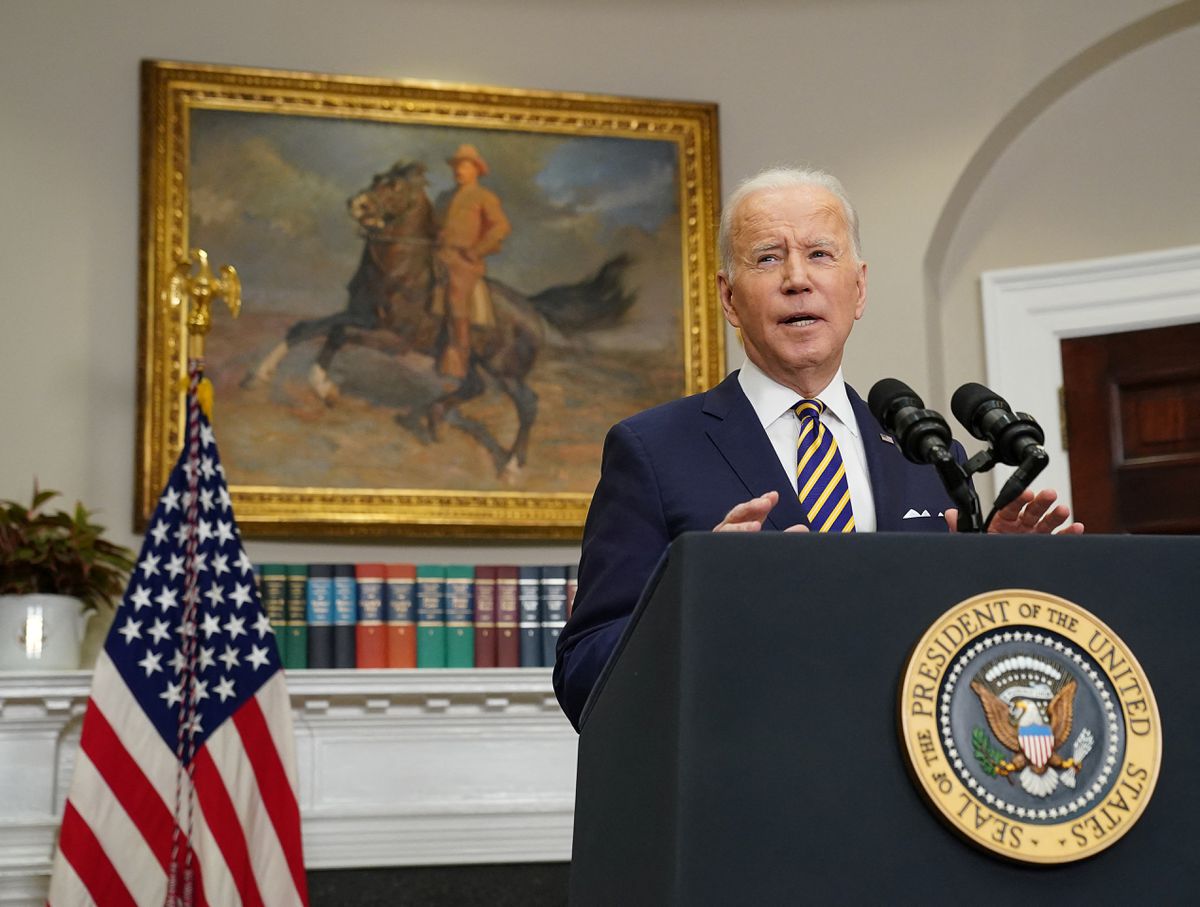
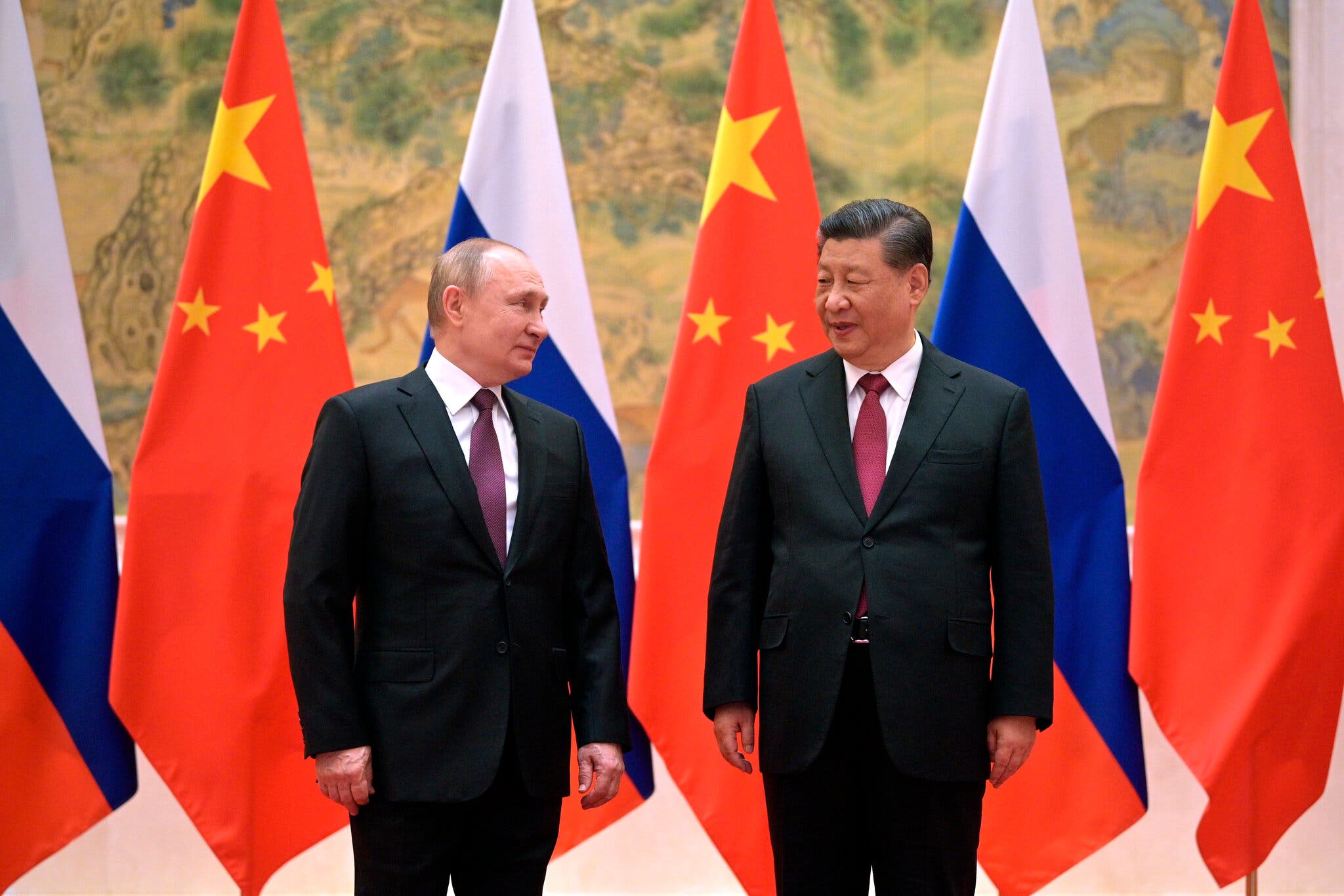


![[Photo] Worshiping the Tuyet Son statue - a nearly 400-year-old treasure at Keo Pagoda](/_next/image?url=https%3A%2F%2Fvphoto.vietnam.vn%2Fthumb%2F1200x675%2Fvietnam%2Fresource%2FIMAGE%2F2025%2F12%2F02%2F1764679323086_ndo_br_tempimageomw0hi-4884-jpg.webp&w=3840&q=75)

![[Photo] Parade to celebrate the 50th anniversary of Laos' National Day](/_next/image?url=https%3A%2F%2Fvphoto.vietnam.vn%2Fthumb%2F1200x675%2Fvietnam%2Fresource%2FIMAGE%2F2025%2F12%2F02%2F1764691918289_ndo_br_0-jpg.webp&w=3840&q=75)

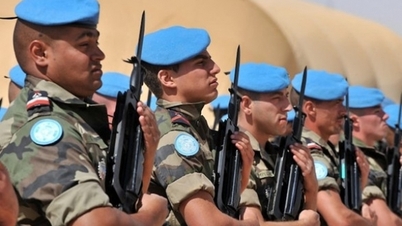

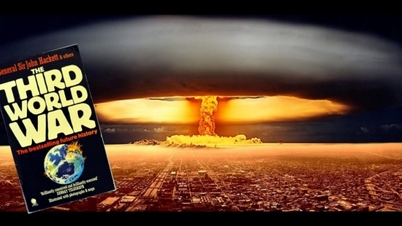
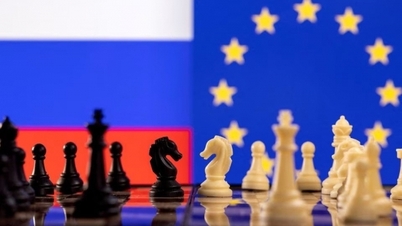
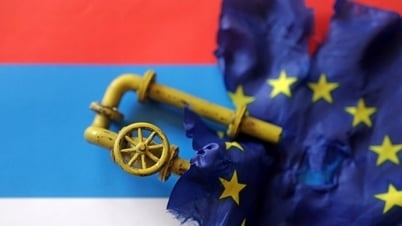
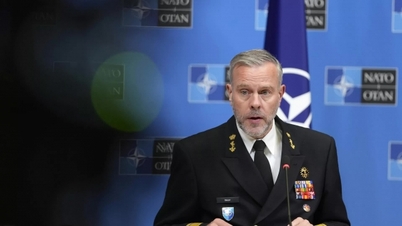







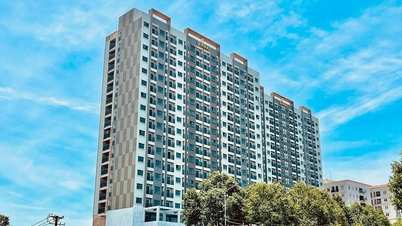

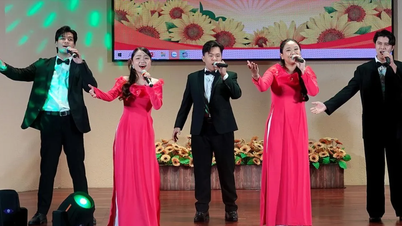

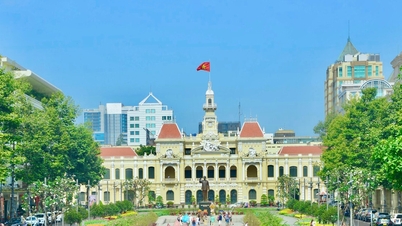





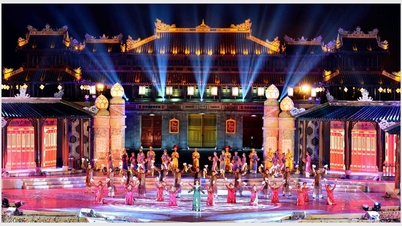
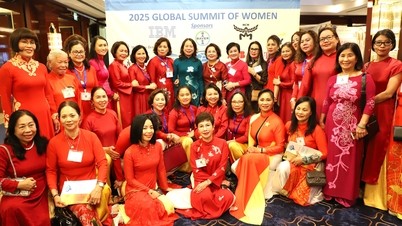
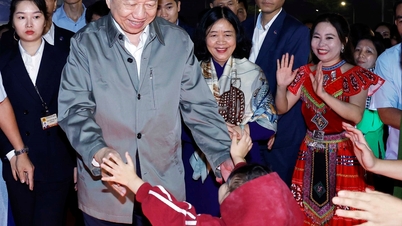
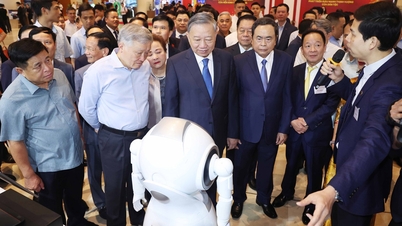

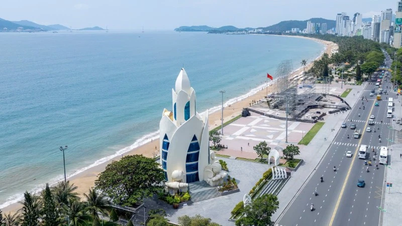

![[Video] Protecting World Heritage from Extreme Climate Change](https://vphoto.vietnam.vn/thumb/402x226/vietnam/resource/IMAGE/2025/12/03/1764721929017_dung00-57-35-42982still012-jpg.webp)
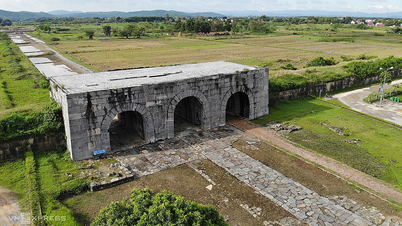






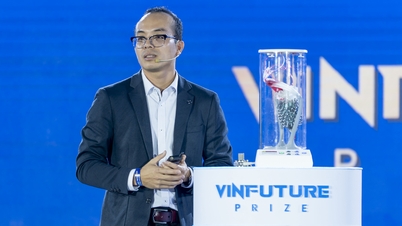























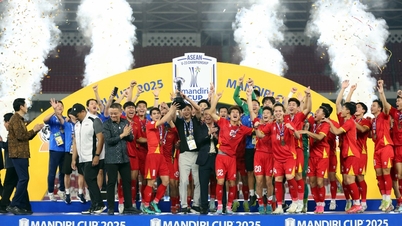
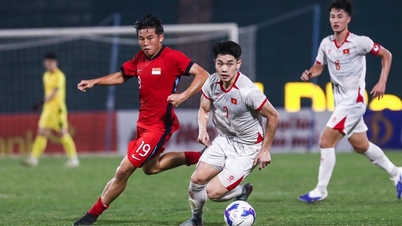
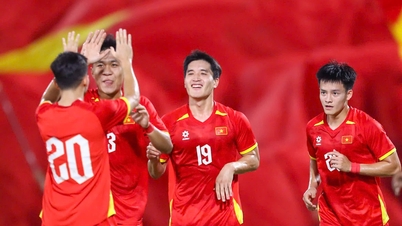




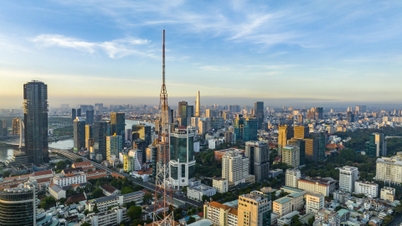



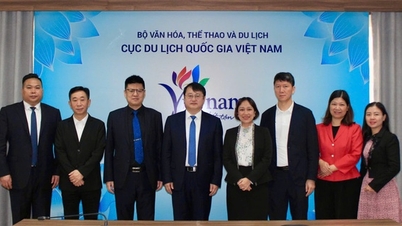
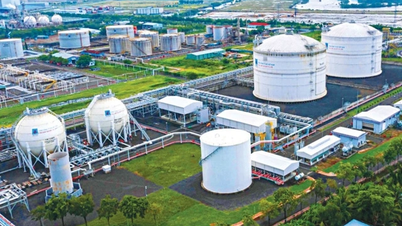
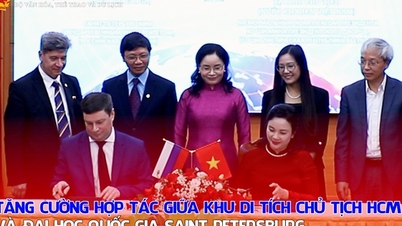
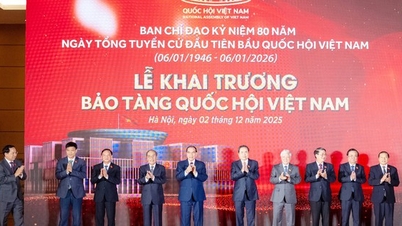

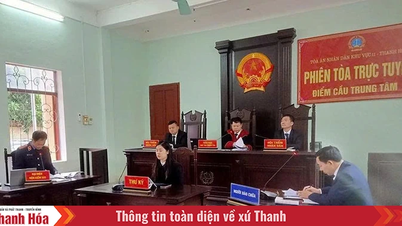



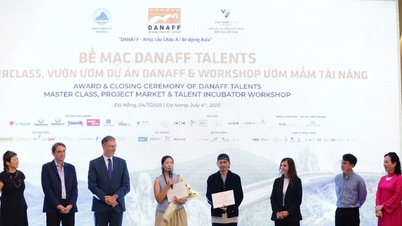


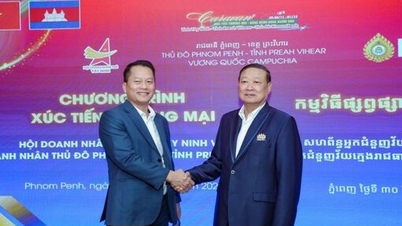
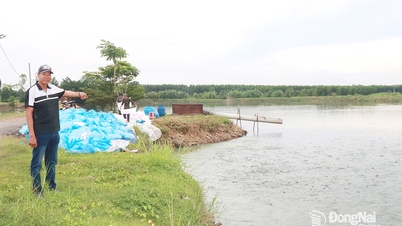










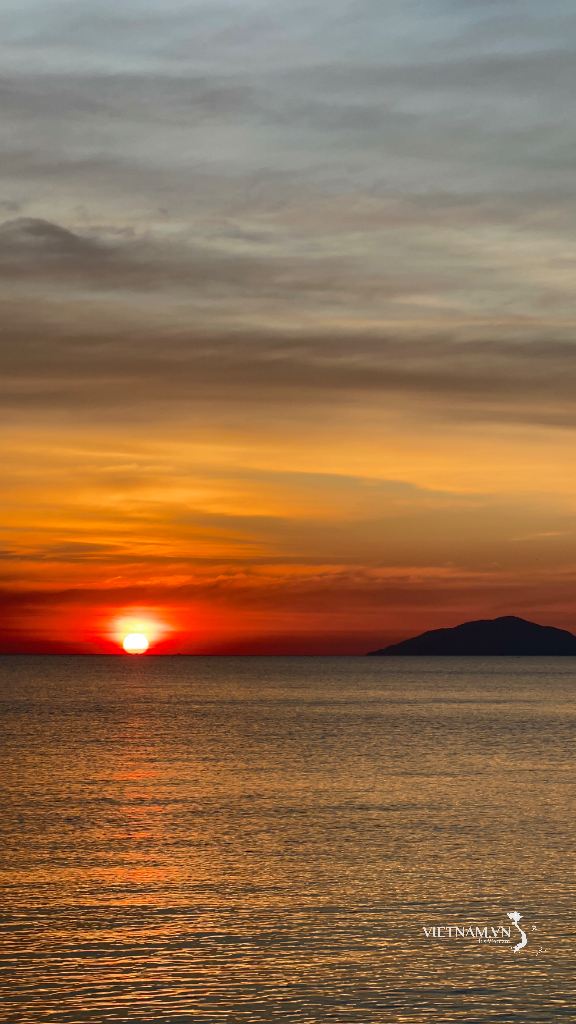



Comment (0)